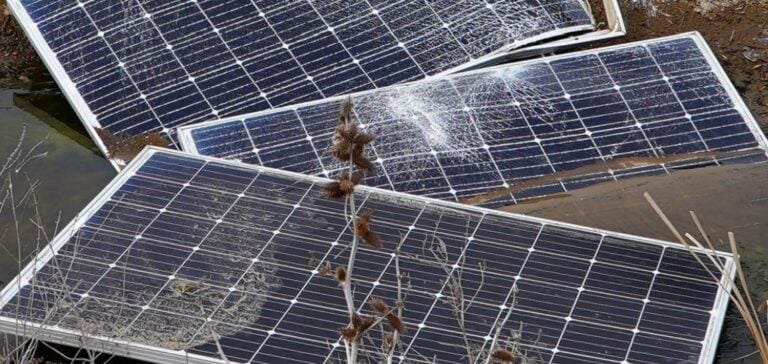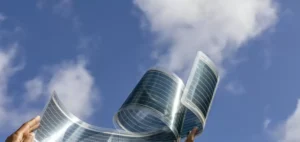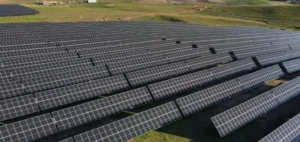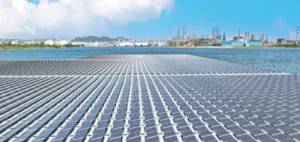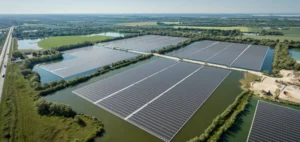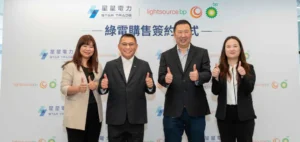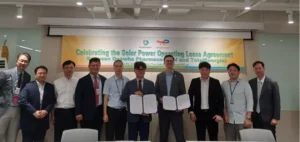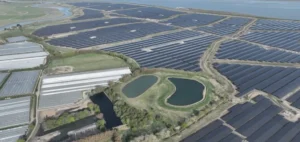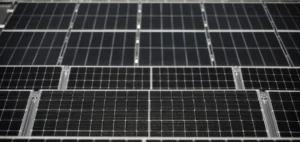The photovoltaic sector in France is experiencing sustained growth, resulting in a record volume of used solar panels being recovered for processing in 2023, in line with the global market trend. However, the emergence of a parallel market in second-hand panels raises environmental and health concerns. According to figures from eco-organization Soren, in 2023, over 5,200 tonnes of end-of-life photovoltaic panels were collected in France, representing some 260,000 panels. This volume represents a significant 37% increase over the previous year. Of the 3,600 tonnes processed, 90% were recycled, a rate that Soren describes as “very encouraging” for the sector. What’s more, beyond the recycling sector, photovoltaic installations have been developing rapidly in recent years.
Contrasting recovery modes
Most of the panels – 4,800 tonnes – were collected directly from the sites where they were produced or used. The remaining 400 tonnes come from voluntary drop-off points set up by Soren to facilitate the recovery of used panels from private individuals and professionals. Although used solar panels rarely end up in rubbish dumps, due to their size, Soren highlights the worrying rise in informal trade in these panels, particularly to Africa and Asia. This unregulated parallel market poses risks to health and the environment, such as the electrical hazards associated with improper handling.
Future prospects and challenges
In view of the anticipated growth in the photovoltaic park, Soren estimates that the annual volume of panels to be collected should reach around 40,000 tonnes by 2030. This will require anticipatory work with manufacturers to develop adequate treatment and recycling capacities. The opening in 2023 of a new recycling site by start-up RosiSolar at La Mûre near Grenoble, described by Soren CEO Nicolas Defrenne as “the best we’re doing today”, illustrates the efforts being made to make France a European leader in photovoltaic panel recycling.
Although solar panels are 70% glass, they also contain precious materials such as silicon and silver, which account for 40% and 20% respectively of their total value, despite representing only a tiny proportion of their weight. Recycling these materials is therefore crucial to sustainable waste management. Beyond the economic aspect, recycling solar panels at the end of their life is of major environmental importance. In fact, these panels contain substances that are potentially harmful to the environment, such as lead and heavy metals, which must be properly treated to avoid pollution. What’s more, recycling materials reduces the need to extract new natural resources, thus minimizing the environmental impact of producing new panels.

